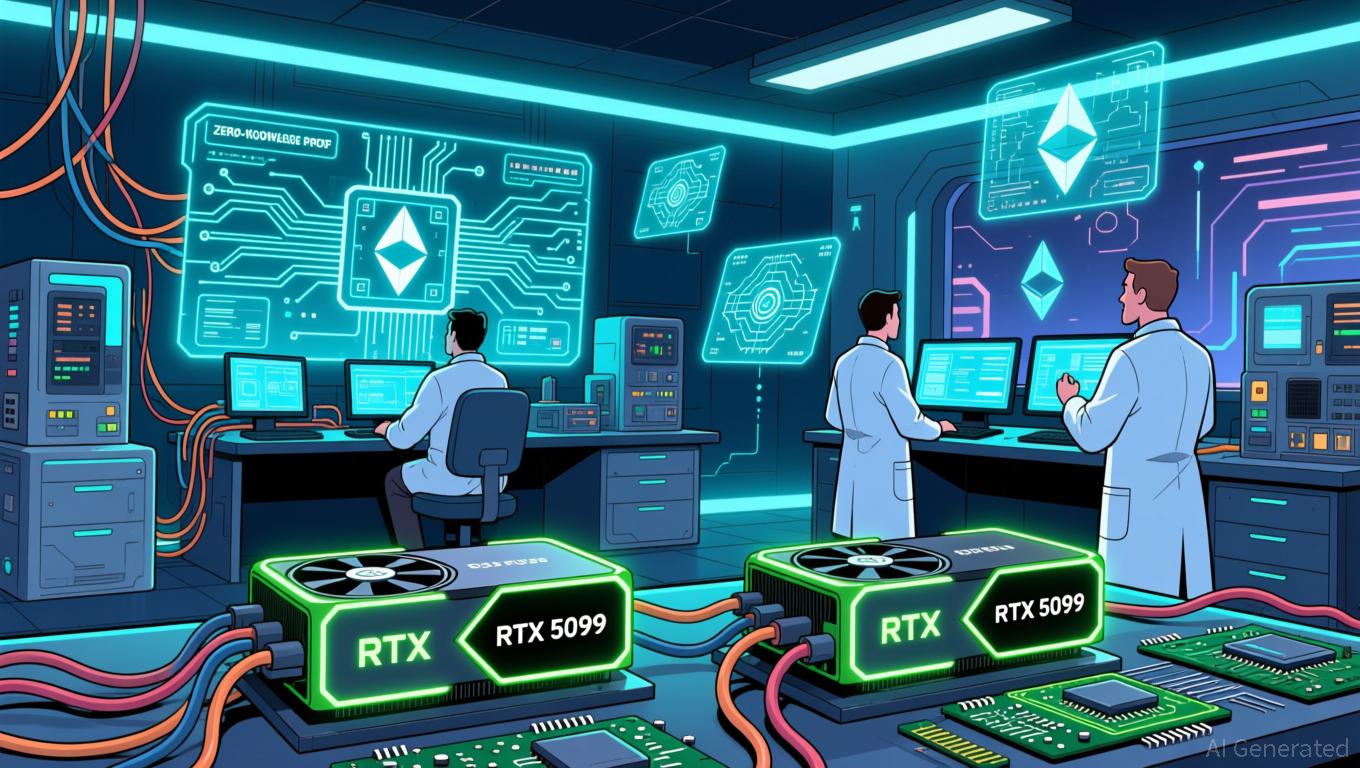WLFI breach raises eyebrows for Trump-backed crypto firm
World Liberty Financial ( WLFI ) , the DeFi venture closely tied to President Donald Trump and his family, disclosed that attackers accessed some user wallets through phishing and third-party security lapses before the platform officially launched.
- WLFI says a pre-launch breach stemmed from phishing and third-party security lapses, not flaws in its own smart contracts, and has frozen affected wallets.
- The incident comes amid heightened scrutiny of WLFI, which has faced questions about governance, transparency, and its rapid token sales.
- The company claims to be reallocating funds only after new KYC checks.
The company says the breach did not stem from any flaws in its smart-contract architecture—but rather external vulnerabilities.
WLFI stated that attackers accessed the wallets through external phishing and third-party security lapses, not through flaws in WLFI’s platform or smart contracts.
The firm formally launched in 2024. It then rolled out a USD1 stablecoin in April followed by its signature WLFI token in September.
What happened
Upon identifying the issue, WLFI froze impacted wallets, verified ownership, and began developing new on-chain logic to restore funds to users, the company said.
WLFI required all affected users to re-complete Know Your Customer checks to confirm identity before receiving a new wallet. The company stated these measures were necessary to ensure funds were returned only to legitimate owners.
Engineers built and tested a new smart contract system designed to handle bulk reallocations securely. The process took longer than initially expected, according to WLFI.
Reallocation of user funds will begin shortly for individuals who completed the required verification process, the company said. Wallets belonging to users who have not yet reached out or completed the steps will remain frozen, though those users can still begin the verification workflow through the company’s help center, according to WLFI.
This is just the latest in a string of controversies for the firm, which its co-founder Donald Trump Jr. described in September as “the governance backbone of a real ecosystem changing how money moves.”
Recall how WLFI played a role in Binance’s $2 billion deal with an Emirati fund. Afterward, Binance founder Changpeng Zhao received a pardon for his four-month prison term from President Trump.
And, just this week, Senator Elizabeth Warren called for an investigation into WLFI, alleging that it may have sold governance tokens to wallets linked to North Korea, Russia, Iran, and Tornado Cash.
Disclaimer: The content of this article solely reflects the author's opinion and does not represent the platform in any capacity. This article is not intended to serve as a reference for making investment decisions.
You may also like
Solana News Update: Major Institutions Invest Billions While Solana Boosts Its Scarcity Approach
- Solana developers propose reducing future SOL emissions by 22M tokens to accelerate disinflation, targeting 1.5% terminal inflation twice as fast. - Institutional adoption grows via staking-enabled ETFs like VanEck's and Bitwise's BSOL , creating dual-income streams through exposure and yield. - Despite $424M in BSOL assets, Solana's price fell below $140 support, with derivatives data signaling short-term selling pressure and crowded long positions. - Coinbase's Vector acquisition enhances Solana's inst

Bitcoin Latest Updates: Macroeconomic Factors and Earnings Challenges Drive 44% DeFi Downturn
- Market analysts predict a 44% correction in DeFi and crypto sectors due to macroeconomic risks, Fed policy uncertainty, and weak corporate earnings. - HIVE Digital faces scrutiny over Bitcoin holdings reduction and shareholder dilution, while Hyster-Yale reports Q3 losses amid industry margin pressures. - Data center infrastructure emerges as a growth outlier with $11.1B backlog and $320B 2030 market projection, though labor shortages and permitting delays persist. - Goldman Sachs adjusts energy sector o

Ethereum Updates Today: Institutional Confidence Faces Challenges Amid Ethereum's Price Fluctuations and Upcoming Upgrades
- Galaxy Digital's 7,098 ETH withdrawal from Binance raises concerns over Ethereum's institutional activity and market stability amid macroeconomic pressures. - ETH faces $993M long liquidation risk below $2,600 and $1.07B short liquidation risk above $2,900, highlighting leveraged position fragility. - Institutional staking inflows remain steady despite declining ETH futures open interest (-7% weekly) and reduced ETF net inflows ($10M vs. $65M in October). - Upcoming Dencun upgrade (EIP-4844) aims to redu

Ethereum Updates: Consumer Graphics Cards Drive Cost-Effective and Decentralized Ethereum Scaling
- zkSync's Airbender prover achieved L1 block proofs using two RTX 5090 GPUs, praised by Vitalik Buterin as a "huge milestone" for Ethereum's scalability. - The breakthrough enables "gigagas L1" expansion, potentially reducing fees and enabling near-zero L2 costs through consumer-grade hardware accessibility. - Succinct's SP1 Hypercube demonstrated 99.7% real-time L1 proving under 12 seconds with 16 RTX 5090s, advancing ZK tech alongside zkSync's progress. - Buterin cautioned against over-optimism, noting

